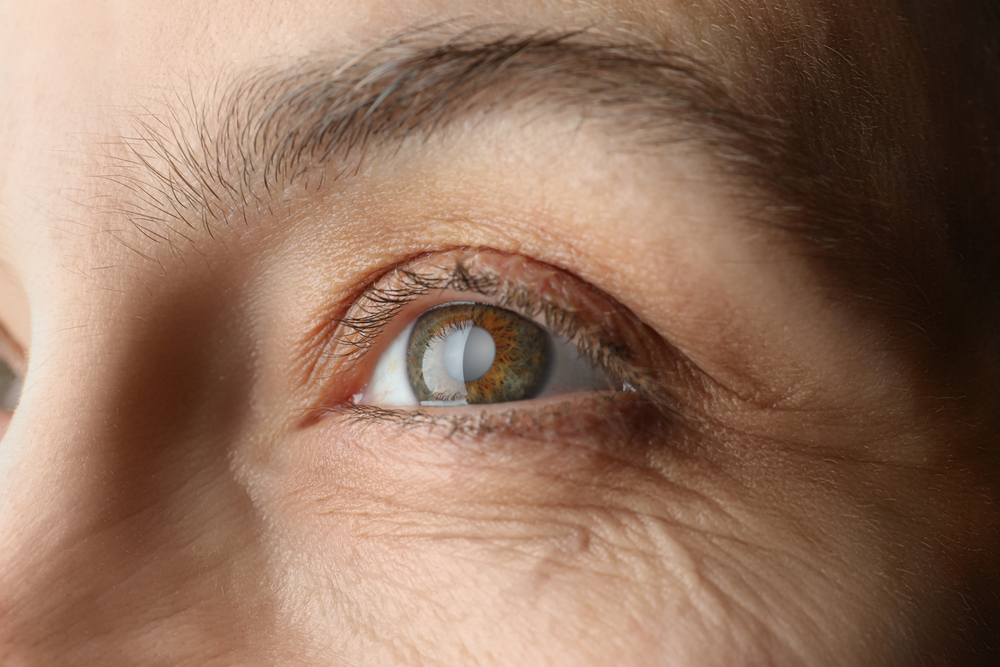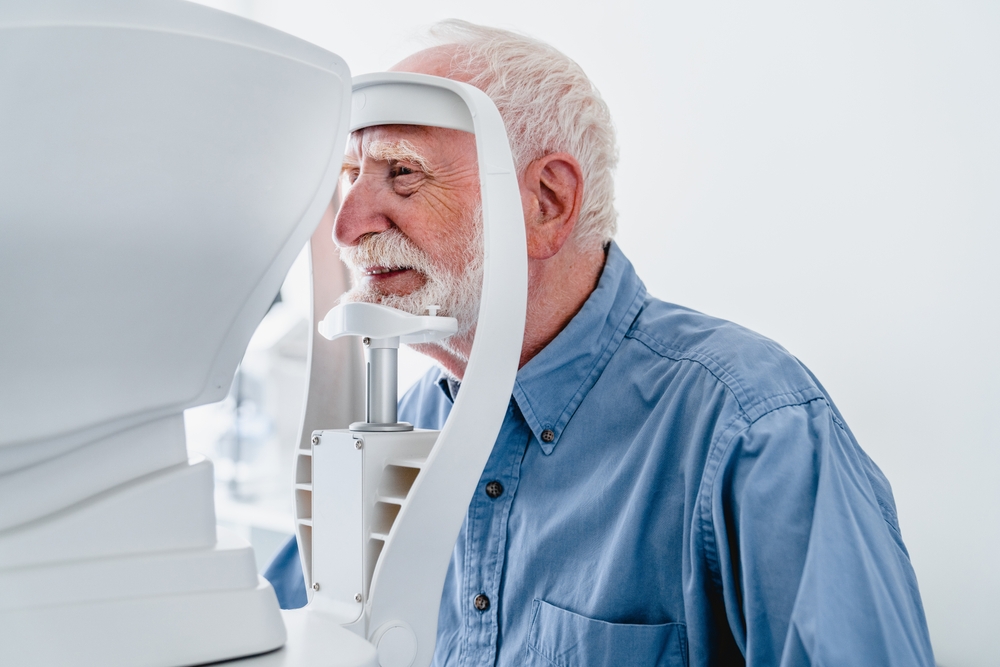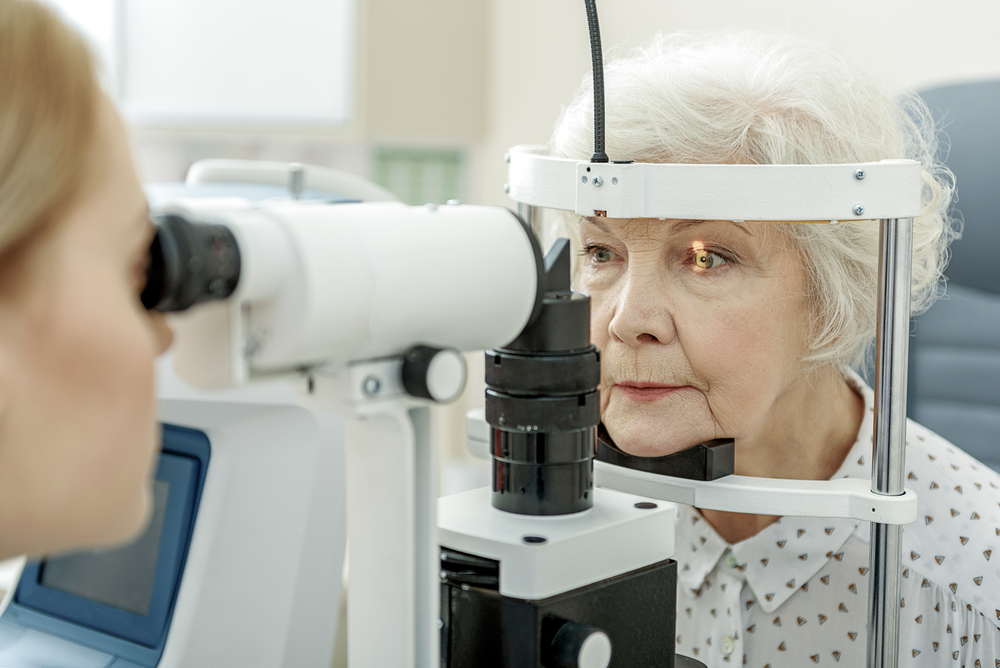How Do I Know When It's Necessary To Have Cataract Surgery?
January 9, 2024
When you have blurry or decreased vision, it can make it difficult to live your normal life. While some vision issues can be easily addressed with contact lenses or glasses, not all eyesight concerns are as fixable.
Cataracts are a progressive eyesight problem, so while contacts and glasses can help if you have cataracts, you’ll need to change your prescription over time. This can be frustrating and time-consuming, so many patients want a more permanent treatment.
Cataract surgery can restore your vision, but when is the right time to get this procedure? Keep reading to learn more about cataracts, including how to tell when it might be time for you to have cataract surgery!
What Are Cataracts?
Cataracts are an eye condition that impacts the natural eye lens. A healthy lens is clear, but with cataracts, the lens clouds over, causing foggy vision.
In fact, many people with cataracts describe their vision as looking through a frosted window. The leading cause of cataracts is age, but eye injuries and other factors can cause cataracts to develop earlier in life.
Cataracts typically develop gradually over time. At first, they may not cause many noticeable symptoms.
However, eventually, cataract symptoms will begin to impact your quality of life and disrupt your normal routine.
What Are The Most Common Symptoms Of Cataracts?
If you're getting older, it's essential to know the symptoms of cataracts. By age sixty-five, most people have cataracts.
The older you get, the more likely you are to experience cataract symptoms. Some of the most common indicators of cataracts are:
- Blurred vision
- Dim vision
- Double vision
- Halos and glare around light
- Colors look less vibrant
- Trouble reading fine print
- Difficulty seeing well enough to drive at night
Because cataracts get worse with time, you may not notice many of these symptoms at first. But, if you have foggy vision or any of the above symptoms, scheduling an appointment with an eye doctor is critical.
Do you think you may be experiencing cataract symptoms?
Take the Free Cataract Self-Test
What Is Cataract Surgery? 
Cataract surgery is the only treatment that effectively restores vision affected by cataracts. During cataract surgery, your cataract surgeon will remove the natural lens where the cataract is and replace it with an artificial lens.
Board-certified ophthalmologists are the only ones qualified to perform cataract surgery. The good news is that this treatment is minimally invasive and an outpatient procedure, so you can go home immediately.
How Do I Know It’s Time For Cataract Surgery?
At first, cataracts likely won’t impact your daily life very much. You may not even notice vision problems until the cataract grows.
When you first notice vision issues, glasses and contacts lenses may be able to restore your vision. At this stage, you likely don’t need cataract surgery.
However, once your cataracts are interfering with your daily life and normal tasks, such as driving at night or being unable to see in dim lighting, it’s likely time for cataract surgery. While you can still use contacts or glasses to help your vision, your prescription will likely change rapidly, so a more permanent solution could be a better alternative for you.
Your eye doctor at SIEHT will be able to tell you when it is time for cataract surgery.
Are you experiencing cataract symptoms?
Schedule a cataract evaluation today
What Happens During Cataract Surgery?
During your procedure, your cataract surgeon at SIEHT will talk with you about the treatment steps and answer any questions you have. However, it’s still a good idea to know the basic steps of cataract surgery.
Here are the general steps of the treatment:
Medication
First, you’ll be given numbing eye drops to ensure you are comfortable during the procedure.
Lens Removal
Next, a small incision is made into the front surface of your eye, known as the cornea. Then, an ultrasound tool is used to remove the natural lens inside your eye.
Artificial lens
Next, an artificial lens, known as an intraocular lens or IOL, is placed through the tiny incision and positioned correctly.
Recovery
After the procedure, you will be able to go home to rest and recover. However, you will need to return for a series of follow-up visits to ensure your eyes are healing correctly.
Many people notice immediate improvement in their vision right after cataract surgery. However, for others, it may take a few weeks for you to see the final result.
See If Cataract Surgery Is Right For You
If you’re curious about cataract surgery and if it can help you, the best way to know for sure is to book a cataract evaluation at SIEHT. One of our eye doctors will examine your eyes and determine if you have cataracts and how advanced they are.
From there, your cataract surgeon can suggest treatment options and may recommend cataract surgery or suggest you wait until the cataract symptoms are impacting your daily life.
Are you experiencing symptoms of cataracts? Schedule an appointment at SIEHT in Fredericksburg or Stafford, VA, today!



